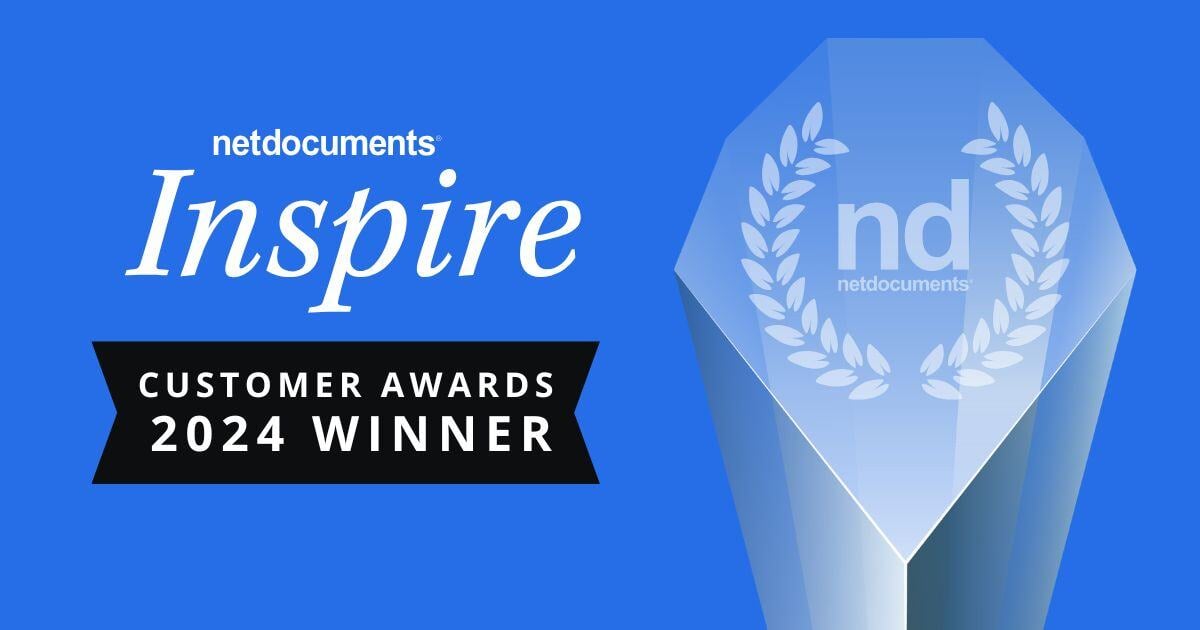
Going back in time
Let me take you back at the beginning of the century. Christmas 2001 is just around the corner, and you are a newly hired clerk in a prominent intellectual property firm. Imagine yourself in a dusty office. Desks are cluttered with papers fighting for space among the coffee cups and cumbersome computers, while Kylie Minogue’s “I Can’t Get You Out of My Head” hums from the little radio shared by your team.
Your team leader scrutinises deadlines on small cardboard cards and organises the workload in chronological order. You first task for the day involves filling forms with application numbers and applicants’ details. For this you are given the use of a typewriter, a relic from a bygone technological era. Once the forms are all filled in, you carefully place them in a sizable folder before embarking on a journey down the long corridor to the manager’s office. En-route, you exchange greetings with a colleague who is pushing a trolley covered in colourful folders. His main responsibility is to shuttle paper files to and from the basement, back and forth, all day long.
You knock at the manager’s office door, suddenly very intimidated. After what feels like an eternity, he utters: “Come in!” and you enter his smoky room, praying that the forms you spent the last couple of hours typing on, are all correct. After placing his cigarette in an ashtray, he sternly browses at the papers and signs each one of them, one after the other, before handing them back to you. With relief, you navigate the corridor again to deposit the forms in a mail tray, for one of your colleagues to transport to the national office, on foot.
At lunch time you meet one of the secretaries. She’d just spent the morning typing a draft application that an attorney had recorded on a Dictaphone. You laugh when she relates that the attorney had had a bout of hiccups during the recording but persisted with the dictation, nonetheless. As she rushes off to prepare coffee for a meeting, you return to your desk to perform your next tasks.
Your afternoon is spent by the fax machine, sending communications that have no meaning to you, attempting to drown out the screeching noise and hoping everything will reach the intended destination.
Reflecting on the present
This narrative draws inspiration from my first experience in an IP firm, just over twenty years ago, and leads me to reflect on how much has changed since then. The dusty folders have been replaced with online files accessible from sleek laptops that allow us to work from anywhere. Tapes have been made redundant with attorneys either using computer software or preferring to type themselves. Emails have mercifully replaced faxed communications. Filofaxes and towering stacks of dictated tapes have ceded their place to sophisticated data management systems, toolkits, and streamlined processes.
These technological shifts have not only transformed the day-to-day work; they have fundamentally reshaped the culture of the workplace. The redundancy of many repetitive tasks has redefined the roles of support staff, necessitating a deeper understanding of processes and fostering a self-driven acquisition of IP prosecution knowledge. This shift has naturally led to flattened hierarchies and a heightened collaboration, with open spaces supplanting the traditional confines of separate private offices.
The last few years have seen the rise of many heart-warming themes for office workers: work-life balance, inclusion and diversity, flexible work arrangements. A welcome consequence of this shift is the dismantling of historical barriers that limited capable individuals from ascending to more senior positions based on gender, skin colour, or caregiving responsibilities.
The secretaries typing letters based on attorneys’ dictations have now given way to administrators expertly preparing filing papers and correspondence with minimal input and paralegals autonomously monitoring clients’ portfolios and managing formalities, thereby allowing attorneys to channel their time and expertise into more technically demanding aspects of their work. This evolution encapsulates not just a change in tools and processes but a profound restructuring of roles and opportunities within the dynamic landscape of intellectual property firms.
“The future depends on what you do today" (Mahatma Gandhi)
More recent developments can offer some insight into how we can expect our roles to evolve in the future. As advances in artificial intelligence and automation lead to the more routine and repetitive tasks being automated, we can forecast that the IP professions will keep on evolving dramatically.
The shift from a task-based to a knowledge-based work type is already in progress. Learning and development have gained unprecedented importance. With many training sessions tailored for support staff, either internally by firms or by the Chartered Institute of Patent Attorneys (CIPA), a wealth of knowledge is now easily accessible and has led to an elevation of expertise within the profession.
To acknowledge this, the European Patent Office introduced their notoriously challenging European Patent Administration Certification (EPAC) in 2022, thereby raising the standards for expertise in EP and PCT procedures. CIPA is about to launch an advanced course empowering paralegals with the knowledge and skills to autonomously navigate UK, EP and PCT procedures.
Additionally, the emergence of personalised learning and development could allow paralegals to develop not only their legal knowledge but also acquire soft skills to focus on higher-level creative and strategic work.
This positive transformation could, as a consequence, benefit attorneys by allowing them to delegate more responsibilities, fostering a better work-life balance and greater flexibility in their high-pressure roles, as well as contributing to a higher level of inclusivity that many firms and companies are aiming to achieve.
Without a crystal ball, the future of the workplace remains uncertain, but one aspect seems assured: paralegals and other supporting roles are set to be increasingly key players in the IP world.
Lucie has over 17 years of experience working in IP in the UK, France, Japan and New Zealand and loves working with clients and providers all around the world. She's passionate about delivering outstanding service with high standards of proactivity and accuracy. She has been commended for communicating efficiently and effectively, being very responsive to the clients’ enquiries and needs and keeping patent portfolio and data extremely well organised.
Email: lucie.jones@mewburn.com
Sign up to our newsletter: Forward - news, insights and features
Our people
Our IP specialists work at all stage of the IP life cycle and provide strategic advice about patent, trade mark and registered designs, as well as any IP-related disputes and legal and commercial requirements.
Our peopleContact Us
We have an easily-accessible office in central London, as well as a number of regional offices throughout the UK and an office in Munich, Germany. We’d love to hear from you, so please get in touch.
Get in touch-1%20author.jpeg?width=100&height=100&name=Lucie%20Jones%20(3)-1%20author.jpeg)

